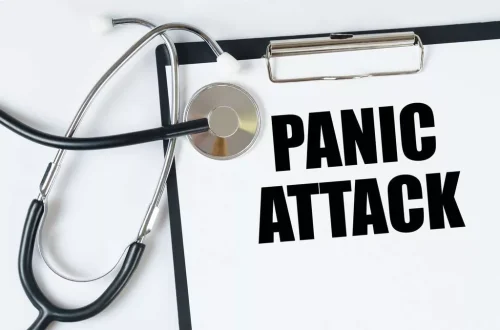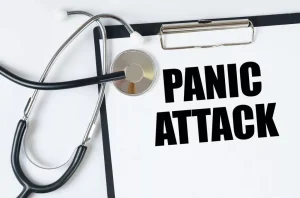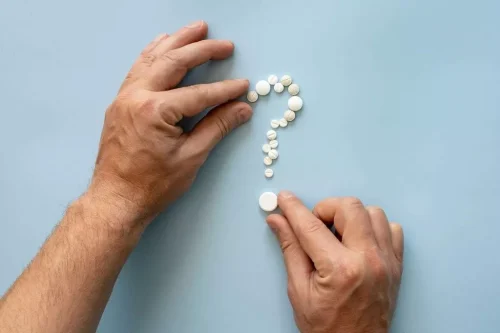
However, it is important to note that these effects may diminish over time if gratitude is not consistently practiced. Therefore, incorporating gratitude into daily life through various exercises and practices can help maintain its positive impact on mental well-being. Gratitude journaling involves writing down things one is grateful for on a regular basis.
How Gratitude Benefits Mental Health and Brain Function
Remember, gratitude is a powerful tool within your recovery toolbox that can positively impact your relationships and overall well-being. By fostering a sense of gratitude in recovery, individuals can experience a shift in perspective, focusing on the positives in their lives. This shift can bring about feelings of joy, contentment, and peace, which contribute to improved mental well-being.
How Detoxification Can Help Break the Cycle of Addiction

Gratitude plays a crucial role in the recovery process, offering a powerful tool for individuals seeking lasting transformation and healing. By understanding the importance of gratitude and actively practicing it, individuals can experience profound positive changes in their lives. By incorporating the above tips to bring gratitude into your daily life, you are setting yourself up for a long and healthy life in recovery. With a grateful mindset, you have the opportunity to lead a happy and fulfilling life free from addiction. However, if you are having trouble finding things to be grateful for and are slipping towards relapse, be sure to reach out to someone you trust as soon as possible.
- Each step taken towards understanding gratitude can lead to a healthier and more hopeful recovery journey.
- However, it is important to note that these effects may diminish over time if gratitude is not consistently practiced.
- By cultivating a sense of gratitude, individuals can experience reduced stress and anxiety, as well as enhanced emotional well-being.
- Individuals learn to see challenges as opportunities for growth, fostering a constructive mindset essential for overcoming obstacles encountered on their path to sobriety.
Steps to Take When a Loved One Needs Help for Addiction
They tend to be more optimistic, exercise more, and have fewer visits to physicians compared to those who focus on sources of aggravation. By being grateful we will continue to work toward our goals in recovery, attending meetings and being engaged with those that still struggle. It drug addiction is when we take our sobriety for granted that we start getting into trouble. Each day is a gift and each day sober is a new chance to appreciate those things and people in our lives that bless us.

Researchers find that gratitude is especially important for individuals in SUD recovery with the goal of being abstinent. These methods encourage individuals to center their attention on gratitude, promoting emotional health and stability why is gratitude important in recovery critical for a successful recovery journey. By shifting focus from adversity to appreciation, those in recovery can cultivate resilience and maintain a hopeful outlook on life.

The information we provide is not intended to be a substitute for professional medical advice, diagnosis or treatment. It should not be used in place of the advice of your physician or other qualified healthcare provider. It should not be used in place of the advice of your physician or other qualified healthcare providers. Another study looked at participants in Alcoholics Anonymous (AA), all in recovery. Those who practiced more gratitude were more likely to participate in AA, to make the AA promises, and to have good social support.

- This shift in focus can be empowering and uplifting, providing a source of inspiration and strength during challenging times.
- Yes, cultivating a thankful mindset can be used in conjunction with other addiction recovery methods, such as therapy, support groups, and medication-assisted treatment.
- In any relationship, it’s easy to dwell on the negative and forget about all of the good.
- Gratitude serves as a powerful tool in the recovery process, enhancing resilience and providing individuals with the strength to overcome challenges.
- With gratitude, you can sense how far you’ve come and where you might go next.
- Let’s explore how this simple yet transformative practice can impact not only your recovery but your entire outlook on life.
Secondly, gratitude has been shown to reduce levels of stress hormones such as cortisol and adrenaline. This makes sense when you consider that stress is often caused by worrying about what might happen in the future or dwelling on past mistakes. Gratitude allows us to live in the present moment and appreciate what we have right now.